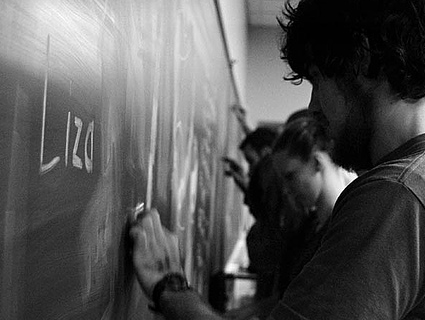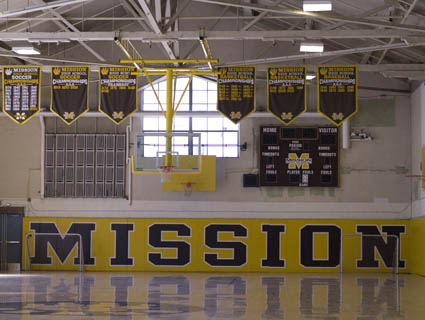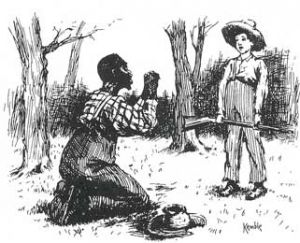
Marjory Collins/Zumapress.com
- After a special education first grade student became upset that his Easter egg painting didn’t work out, police restrained him using metal handcuffs, Huffington Post reports. The New York Police Department says the 7-year-old boy was “spitting, cursing and acting in a threatening manner.” The boy’s mother has retained a lawyer. Handcuffing first graders is apparently a trend. Last year, the Southern Poverty Law Center filed a class action lawsuit on behalf of a Louisiana first grader who was handcuffed by an armed security guard at school. And in Florida, a first grader was handcuffed last year and then committed to an adult mental health facility by her school without her parent’s knowledge.
- Tanya McDowell, a Connecticut homeless woman, may face up to 20 years in prison and pay up to $15,000 in fines for enrolling her son in kindergarten using her friend’s address. Like Kelly Williams-Bolar, the Ohio mom who was jailed for using her father’s address to send her kids to a better-performing school, McDowell is black, sparking questions of race and poverty’s role in these prosecutions. The NAACP has appointed a lawyer to McDowell’s case.
- Ironically, about 400 Baltimore parents faced possible jail time this school year because their kids are repeatedly absent from school, The Baltimore Sun reports. Critics, on the other hand, argue courts are not the way to improve student attendence.
- Out of 2 million undocumented minors in the US, only an estimated 20 percent enroll in college. Mother Jones reporter Kristina Rizga tells one undocumented teen’s harrowing tale of defying deportation to make it to college.
- How much is California currently spending on standardized testing? A hefty $205,551,000 per year, Education Week reports. GOOD’s Liz Dwyer reports on the price tag attached to tests mandated by No Child Left Behind.
- Speaking of tests, the SATs may be racially biased.
- Definitely biased is SB 49, the Tennessee bill banning kindergarten through eighth-grade teachers from talking about homosexuality in their classrooms because if teachers talked about gay sex, it would suddenly exist? To be clear, Tennessee teachers can teach human sexuality if the bill passes; just hetero human sexuality.
- Which outspoken public education reformers never taught in a public school in their life? In Education Week’s latest forum, teachers comment on the negative portrayal of educators in the media and dish out on some education reformer bios.
- Mother Jones readers offer heartwarming tales of how a teacher made a difference in their life.
- No Child Left Behind has yet to be revised. But in 2009, Arne Duncan granted 315 waivers so schools and districts to circumvent some NCLB requirements.













